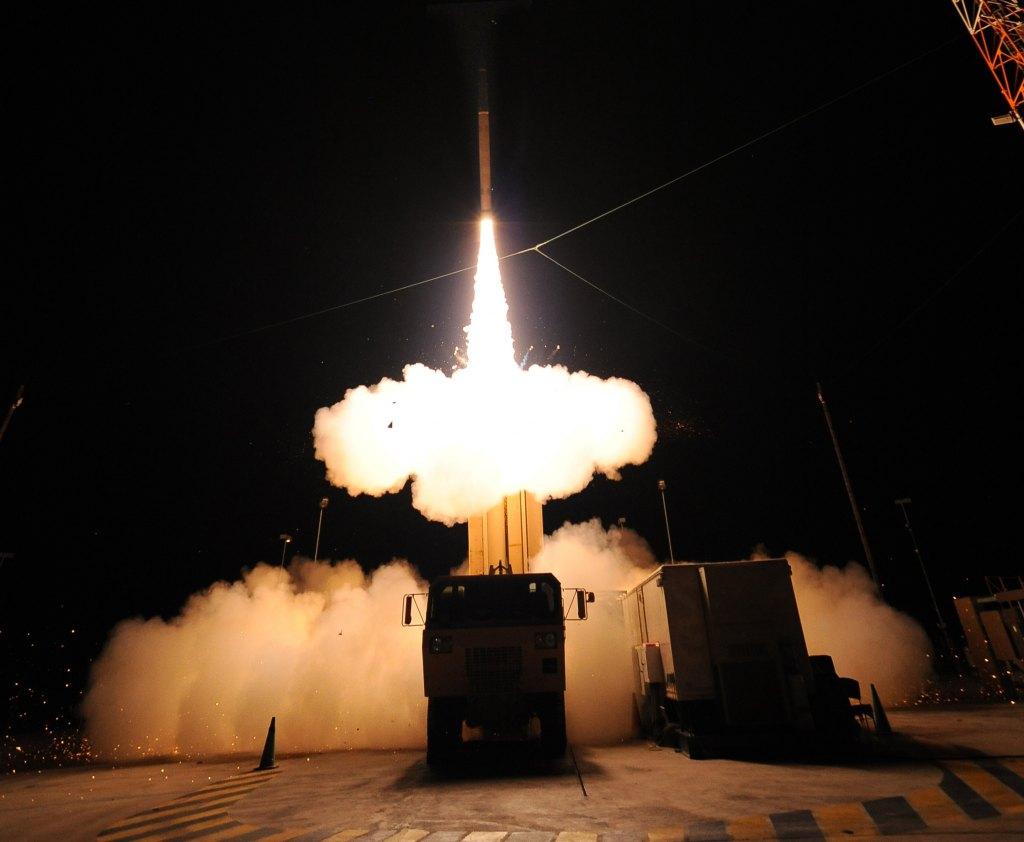Russia cautioned the US and its NATO allies Monday against plans to extend an anti-missile shield into northern European seas.
On a visit to Norway, Russia’s ambassador to NATO Dmitry Rogozin deplored the lack of any firm guarantees from the alliance that American ships fitted with anti-missile technology would not be deployed in northern waters.
“The very fact of deploying US military missile defence infrastructure in the Northern seas is a real provocation with regard to the process of nuclear disarmament”, said Rogozin at a press conference.
“Why is no one giving guarantees that a US fleet equipped with Aegis interceptor systems won’t be deployed in the Northern seas?” he said.
“I’m sure that if there were no such plans in reality, then I would have been given a very definite negative answer. I didn’t get any firm answer to this question”, he said, adding that Russia had repeatedly asked the US for answers.
Russian President Dmitry Medvedev agreed at a NATO summit in November to explore the possibility of cooperating on a system to protect Europe’s population from the threat of ballistic missiles from countries such as Iran.
Fearing that the system would undermine its nuclear deterrent, Moscow has since been demanding a legally binding guarantee that the missile shield would not be aimed at Russia.
Rogozin also called on Norway’s foreign affairs minister Jonas Gahr Stoere, to to oppose the plan.
“The countries that are going to join in participating in these plans are going to share the responsibility like the initiators of that project”, he said, warning Europe “not hide to hide behind the back of the United States”.
Despite the lack of consensus, NATO adopted a plan to forge ahead with the shield in June.
NATO Secretary General Anders Fogh Rasmussen, who is overseeing continuing talks between NATO defence ministers and Russia, said he was optimistic that a deal on guarantees could be reached in time for the next NATO summit hosted by the United States in May 2012.
The missile shield project will not be completed before 2018, NATO officials estimate.











